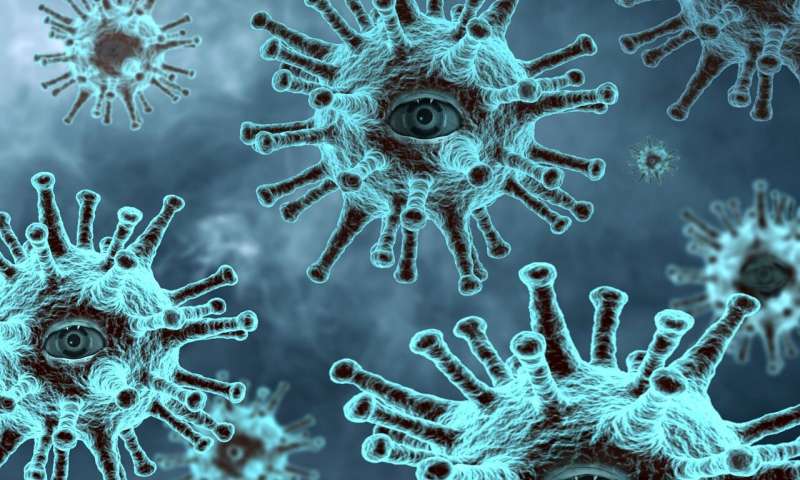Daylight saving time will begin on Sunday, March 14, at 2 a.m. in those areas of the U.S. that recognize daylight saving time. This is when clocks are set ahead one hour.
Along with changing your clocks, it’s a good time to make a home safety checklist. Test smoke alarms and carbon monoxide detectors, and replace batteries if needed. It’s also a good time to refresh your home first-aid kit, check for expired medication, and ensure your family has a plan in case of illness or an emergency.
Dr. Casey Clements, an emergency medicine physician at Mayo Clinic, says while COVID-19 infections are beginning to decrease due to widespread safety protocols and rollouts of COVID-19 vaccines, it’s important to stay vigilant and be prepared.
“Having a plan for what you would do if you or your family gets infected is incredibly important. And that’s having a plan for how would you get food? Do you have medications on hand? Do you have the ability to take care of yourself with the things that you need?”Watch: Dr. Casey Clements discusses emergency planning during COVID-19.
“Any prescription medications that a patient has, they want to make sure they have an adequate supply,” says Dr. Clements. “And if you have COVID-19, it’s not like you can run out to the pharmacy, as you would be putting people at risk. Along with any prescriptions, I am a strong advocate that people should always have ibuprofen or acetaminophen, or both.”
A fever may be a sign of illness and a common symptom of COVID-19 infection. Dr. Clements says having a working thermometer in your home can help you know if your temperature is elevated.
“It is very common that people come to the Emergency Department and say they have a fever, and they don’t have a thermometer and haven’t had a way to measure that. It is helpful as a way to take care of yourself to know if you do have elevated temperature.”Basic first-aid supplies and medications include:
- A thermometer.
- Adhesive tape.
- Elastic wrap bandages.
- Bandage strips and bandages in assorted sizes.
- Over-the-counter pain relievers.
- Hand sanitizer.
- Antibiotic ointment.
- Antiseptic solution and towelettes.
- Anti-diarrheal medication.
- Laxatives.
- Antacids.
If you are having a medical emergency, Dr. Clements says do not hesitate to seek immediate care.
“It’s really important to understand that the Emergency Department is here for when people need it. And they shouldn’t hesitate to come in for an emergency.”
From Mayo Clinic News Network


